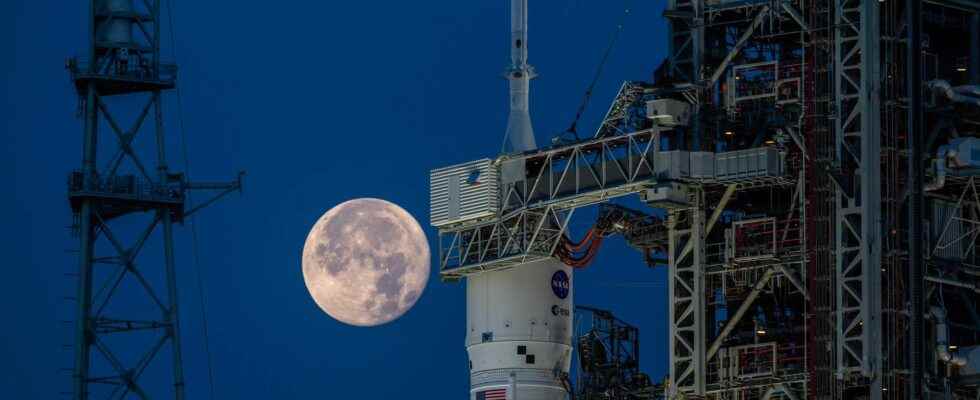Saturday, September 3, the takeoff of the SLS was once again canceled by NASA. Should we speak of a failure or a failed launch, as has often been said and written in the media. Of course not. Here’s why.
You will also be interested
[EN VIDÉO] Watch what the Artemis mission launches will look like At the end of 2021, NASA’s new heavy launcher, the SLS (Space Launch System), will launch the first Artemis I mission to the Moon. This is what its first flight will look like.
Surprisingly, several media have described as failures the Artemis I launch reports. An analysis that surprises us. Do we speak of failure when, for more than two years, SpaceX announces that its future Starship will make a test flight within 6 months? No, of course. same for me Ariadne 6 which is still not ready to fly although its first flight was scheduled for July 2020.
Artemis I, which does not take off despite two attempts, is obviously not a failure for the Nasa and its industrial partners. It will be considered a failure if the launcher flies away and explodes, if the Orion vehicle fails to join Moon or crashes on its surface, and if it fails to return to Earth safely. All other adventures obviously cannot be considered a failure. These are incidents, admittedly more or less constraining, inherent in any program under development or in the qualification phase.
On August 29, NASA had to cancel the flight following several technical problems and when one of the main stage’s four RS-25 motors failed to reach the proper temperature to fire. September 3 is a fuel leak occurred during the filling of the launcher tanks which prompted NASA to suspend the procedure and then to cancel the launch.
Normal ignition delay
Although the SLS is built around technologies mastered and inherited from previous programs, including those of the space shuttle and Saturn V for example, this launcher is still new. These ignition delays are therefore not very surprising and rather common for new launchers. This first mission of the Artemis program is above all a demonstration flight. He must not only qualify the launcher but also demonstrate the capability of the vehicle Orion and its service module ESM to operate in a wide variety of flight configurations.
Since the last Apollo mission to land on the Moon in December 1972, we have been waiting for humans to return to the Moon for almost 50 years. We are only a few years away!
Interested in what you just read?
